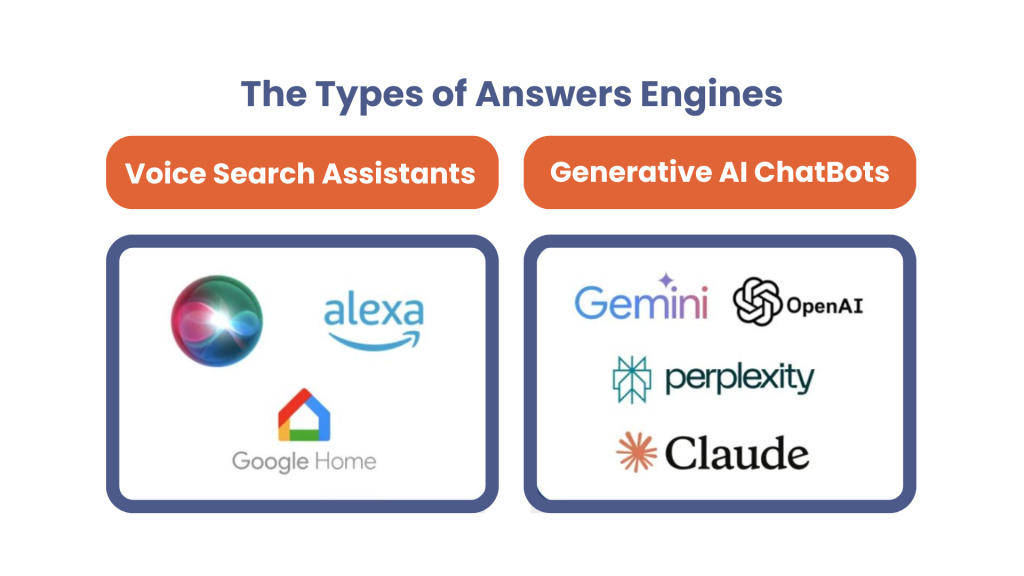Why Chasing AI Optimization Alone Is a Dangerous Game
Introduction
Here’s the thing everyone’s getting wrong about AI and SEO: they think it’s the same game with different rules. It’s not. While basic SEO absolutely helps you show up in AI search results, optimizing exclusively for AI can tank your Google visibility faster than you can say “ChatGPT.”
The reality? AI search and traditional search are cousins, not twins. They share some DNA, but they behave very differently. And if you’re not careful, you’ll optimize yourself right out of Google’s good graces while chasing AI rankings.
The Granular Difference: How AI Search Works
When people prompt AI, they’re not typing “pizza NYC.” They’re asking, “What’s the best Italian restaurant in Detroit with outdoor seating and good reviews?” That’s the difference – AI prompts average 8+ words while Google searches stay much shorter.
This is because of a thing called query fan-out. When you prompt a search engine, or an AI answer engine, it generates other similar questions to compile data in a way that determines the most probably correct answer (Search Engine Land, Yext).
For local businesses, this means your website content should read like natural conversation. Instead of “Manhattan doctor,” write “Our practice is located in Lower Manhattan, just south of 42nd Street, making us easily accessible for patients in the Financial District and SoHo.”

Local Signals That Matter
Local SEO just got more important, not less. Clear NAP (Name, Address, Phone), neighborhood mentions, and local landmarks help you surface in both “near me” searches and AI answers. But here’s what most people miss – you need this information scattered across the internet, not just on your website.
AI engines are crawling Reddit, Quora, and Medium.com because users trust third-party voices more than branded websites. Google knows this. So figuring out where to place your business information across these high-authority platforms is crucial.
Reviews: The Power of Authentic Voices

When someone searches for “best,” “top rated,” or “highest quality” anything, reviews become ranking signals. Not just the star ratings – the actual text people write matters. Google Business Profile, Yelp, and Facebook reviews all feed into this equation.
But here’s the danger: buying fake reviews. It might work short-term, but once a site gets flagged for selling reviews, all those reviews become marks against you. Google just rolled out another spam update, and businesses are scrambling. Connect with real customers and ask for authentic reviews as part of your operations process.
We offer reviews management as a service. Reach out if you need help in this arena.
Content Freshness: Fight Decay, Stay Relevant

Old content experiences “content decay” and becomes less relevant. Both AI and search engines prioritize fresh, updated content (Realmapper). Here are the easy steps:
1. Look at all the pages on your website.
2.Use your favorite AI engine with browsing enabled to analyze content and generate a concise TLDR summary
3.Optimize intro copy and headings
4.Edit for brand tone, publish, and resubmit via Google Search Console and Bing
Add extra value where possible for more authority. Updated data always wins.
Programming Your Customer’s Mind

Think of your customer as an intelligent robot that needs context about your business, services, and brand messaging. Programming them to achieve popularity in their minds is harder than ever with short attention spans and endless scrolling.
But people still seek information and help. That’s why how-to videos dominate YouTube. If you think of placing branded messaging where your customers look as “programming the customer,” you’re on the right track.
Quality, context, and clarity in your messaging make your brand irresistible. When customers craft their searches and prompts, the words they use should naturally lead to your brand.
Distribute this across channels where your customers actually are. Older generations stick to Facebook, Instagram, and Google. Younger ones live on TikTok. If you sell physical products, don’t ignore Amazon search. That’s why you need a solid content strategy that takes into account omnichannel marketing (Yext)
Conclusion: Playing the Long Game

Marketing is a marathon, not a sprint. While paid ads have their place, you need to build authority online. Content you create today has a life beyond its first day, unlike news cycles.
Focus on providing solutions for your customers because AI is trying to simulate human intelligence. It can only study and repeat human behavior – at least until we achieve singularity. So focusing on your customer pays dividends.
Make sure someone on your team understands both sides: how crawlers interpret data and how to set up webpages for maximum discoverability, but most importantly, what conversations you need to have with customers so they understand why they should choose you.
That’s how you win in the modern marketing game – by remembering that behind every search, every prompt, and every click is a real person looking for real solutions. That’s how you win in the modern game of marketing (Blockchain Council).





